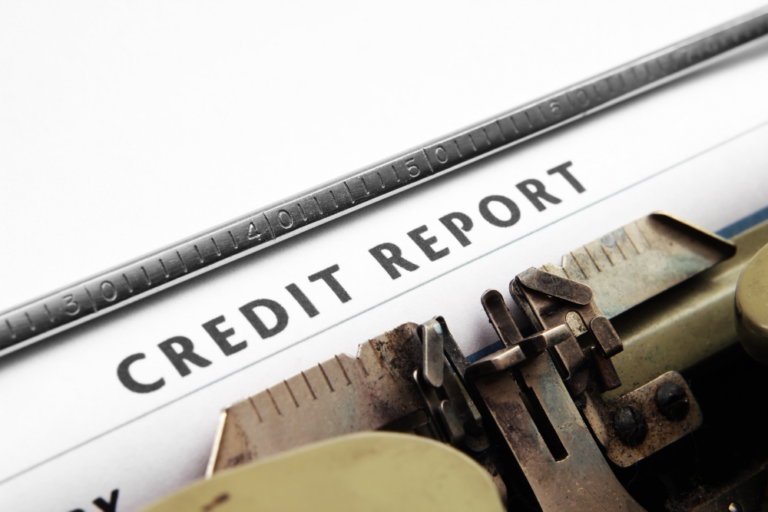Removing Late Payments from Credit Report Due to COVID: A Step-by-Step Guide
The COVID-19 pandemic caused financial hardships for millions, leading to late or missed payments on credit accounts. If you’ve experienced this, you might be wondering how to remove late payments from your credit report due to COVID-related hardships. While late payments typically remain on credit reports for up to seven years, certain circumstances and strategies can help you dispute, negotiate, or appeal for their removal.
In this guide, we will explore legal ways to remove late payments from your credit report, improve your credit score, and ensure your financial recovery.
Understanding Late Payments on Credit Reports

Late payments occur when a credit obligation—such as a credit card, mortgage, or auto loan—is not paid by the due date. Lenders typically report missed payments to credit bureaus after 30 days, which negatively impacts your credit score.
During the COVID-19 pandemic, many consumers faced unexpected financial difficulties, prompting government interventions, lender assistance programs, and special accommodations under the CARES Act.
The CARES Act and COVID-19 Relief for Late Payments
The Coronavirus Aid, Relief, and Economic Security (CARES) Act required lenders to provide relief options for consumers impacted by COVID-19. Under this legislation:
🚨 TUIC Errors + Low Credit Score?
CreditScoreIQ helps you build credit faster by reporting utility bills to all 3 bureaus—while you dispute errors.
Start Building Credit Today →- Lenders had to offer forbearance or deferred payments without negatively impacting credit reports.
- If an account was current before relief, lenders were required to maintain its current status.
- Some lenders voluntarily removed late payments for those who demonstrated pandemic-related hardship.
If you had a financial arrangement with your lender under the CARES Act, yet your credit report shows late payments, you have a strong case for disputing them.
Steps to Remove Late Payments from Your Credit Report
1. Review Your Credit Report for Errors
The first step is to obtain a free credit report from major credit bureaus: Experian, Equifax, and TransUnion. Due to the pandemic, consumers can access free weekly reports at AnnualCreditReport.com.
Look for inaccuracies, such as:
- Late payments reported during agreed forbearance periods.
- Payments marked late when they were actually on time.
- Inconsistencies across different credit bureaus.
If you identify errors, you can dispute them directly with the credit bureaus.
2. Contact Your Lender
If late payments resulted from financial hardship caused by COVID-19, reach out to your lender and request goodwill adjustments. Many creditors removed negative marks for customers who communicated their struggles during the pandemic.
Key Points to Discuss with Your Lender:
- Explain how COVID-19 impacted your ability to pay.
- Reference any government or lender relief programs you were part of.
- Request a “Goodwill Adjustment” to remove the late payment.
- If applicable, provide documentation such as job loss notices, hospital bills, or furlough letters.
3. Submit a Dispute with Credit Bureaus
If you find incorrect late payments on your credit report, file a dispute with the credit bureaus.
How to Dispute Late Payments:
- Online: Visit the official websites of Experian, Equifax, and TransUnion.
- By Mail: Send a written dispute letter with evidence of errors.
- By Phone: Contact the credit bureaus directly.
A dispute should include:
- Your personal information (name, address, SSN).
- The specific late payment entry you are contesting.
- Supporting evidence (bank statements, correspondence with your lender, forbearance agreements).
- A clear request for correction or removal.
By law, credit bureaus must investigate disputes within 30 days.
4. Request a Goodwill Adjustment Letter
If your late payments were reported accurately but resulted from COVID-19 hardships, consider sending a goodwill letter to your creditor.
Sample Goodwill Letter:
Subject: Request for Goodwill Adjustment – Late Payment Removal
Dear [Lender’s Name],
I hope this letter finds you well. I am writing to formally request a goodwill adjustment for a late payment reported on my [account type] account [account number] with [lender’s name].
Due to the financial hardships brought on by the COVID-19 pandemic, I faced unexpected challenges, including [briefly describe your hardship]. This resulted in a missed payment in [month/year].
Since then, I have made every effort to maintain timely payments and improve my financial situation. I kindly ask if you could make a one-time adjustment to remove this late payment as a goodwill gesture.
I greatly appreciate your consideration and look forward to your positive response.
Sincerely,
[Your Name]
[Your Contact Information]
5. Negotiate with Lenders for a Pay-for-Delete Agreement
A pay-for-delete agreement is when a lender agrees to remove a negative mark in exchange for payment. However, this strategy typically works for collections, not late payments. If your account has gone to collections due to COVID-19, you can negotiate this option.
6. Wait for Late Payments to Age Off Your Report
If your efforts to remove the late payments are unsuccessful, they will automatically fall off your credit report after seven years. In the meantime:
- Focus on making on-time payments going forward.
- Reduce credit utilization to improve your score.
- Diversify your credit mix by maintaining healthy credit lines.
How Removing Late Payments Can Improve Your Credit Score
Late payments significantly impact credit scores. Removing them can boost your score by:
- Restoring payment history as the largest factor (35%) in your credit score.
- Lowering your risk profile to lenders.
- Making you eligible for better interest rates on loans and credit cards.
Final Thoughts
If you have late payments on your credit report due to COVID-19, there are multiple ways to get them removed. Whether you dispute errors, negotiate with creditors, or submit goodwill letters, taking action can lead to a cleaner credit history and improved financial standing.
By being proactive, monitoring your credit, and leveraging consumer rights, you can recover from the pandemic’s financial setbacks and rebuild your credit score for a more secure future.
Need Help Fixing Your Credit?
If you require professional assistance, consider working with a reputable credit repair company to guide you through the process of removing late payments. Learn expert strategies to improve your credit and unlock better financial opportunities. 👉 Read the Full Guide
Ready to Improve Your Credit?
Disputing TUIC errors is step one. Step two? Boost your score by reporting utility payments with CreditScoreIQ.
Get Started Now (Only $1 Trial) →3-bureau reporting • $1M identity insurance • Dark web monitoring


